Sustainability Science in Progress | Fellows interviewed
Archeologen bieden langetermijnperspectief. Wat archeologie zegt over wetlands en de toekomst van Nederland | Interview met dr. De Haas en dr. Schepers
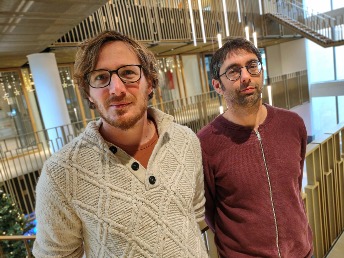
Dr. Tymon De Haas en Dr. Mans Schepers vergelijken de Pontijnse moerassen in Italië met de Onlanden bij Groningen.
'We voelen wel een enorme urgentie van ons werk. Aan de ene kant hopen we met onze kennis te kunnen bijdragen aan het denken over de duurzame inrichting van het landschap. Aan de andere kant kunnen ontwikkelingen - zoals bij de Onlanden – bodemarchieven ook uitwissen en ook dat maakt dit soort onderzoek urgent.'
'Ecologists should step out of their traditional roles and actively help in building a liveable future for all living creatures' | Interview with Selen Eren
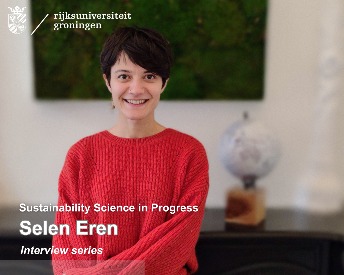
My conclusion is that the current scientific system is very much focused on producing descriptive robust knowledge to fill all the knowledge gaps before intervention.
But what we need in times of crisis is different. It is not only a different kind of scientific knowledge and research project but also more sensitivity to different expectations about the relation between time and knowledge.
Decolonization, or just an other form of colonization? | Ass. Prof Caitlin Ryan on the new land laws protecting indigenous rights in Liberia and Sierra Leone
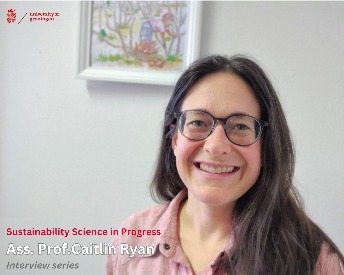
I am intrigued by the Land Rights Act (LRA) because it signifies a collaborative effort to reform land governance. The law's unique balance formalizes customary land practices, grants statutory rights to communities, and addresses discrimination, especially towards women.
'Global minimum tax rate not as fair as it seems.' The Complexity of International Taxes | Interview with Mr. Raymond Adema
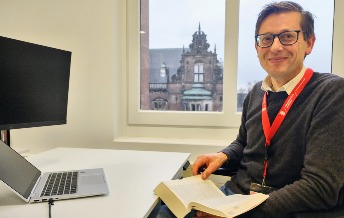
We've witnessed two pivotal moments: Brexit and the election of Trump. These events ignited substantial discussions about the new technologies that played a significant role in these occurrences. Both were closely linked to the spread of fake news through social media platforms such as Facebook and Twitter.
‘Limited resources but infinite possibilities.’ | Interview with prof. Godfrey Baldacchino on the importance of Island Studies
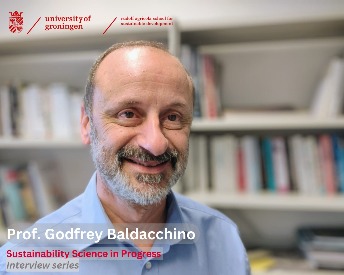
I come from Malta, now the smallest member state of the European Union. From the moment you live on an island, you are challenged by your environment, forced to find solutions to specific problems. This is one reason why Western thinkers used islands as a foundation for their stories and utopias.
'Free speech doesn't always lead to the truth.' | prof. Lisa Herzog on her book ‘Citizen knowledge.'
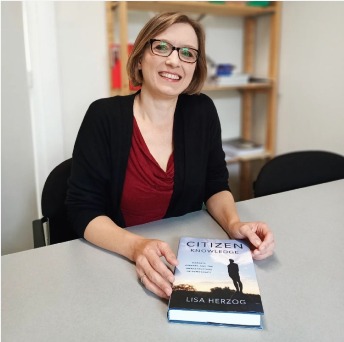
My interest in international tax law was sparked by the complex tax issues that international workers face and how tax treaties influence their tax position. You encounter clashes between different tax systems. Many things are negotiated and stipulated in international treaties, but still, people sometimes, for example, end up paying double or no tax at all.
Working towards a closed cycle. | Frans J. Sijtsma on the circular economy.
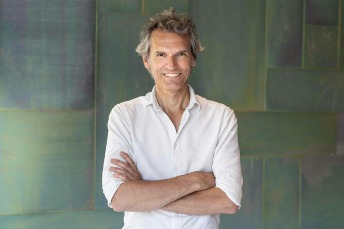
The transition to a circular economy has become unavoidable. The Netherlands wants to be 50% circular by 2030, and fully circular by 2050. ‘A lot of companies want to change. Very much so. But how? That’s the focus of our research,’ explains Dr Frans J. Sijtsma.
| Last modified: | 20 March 2024 11.22 a.m. |

